Amid stall in contract talks with UAW, GM, Stellantis investigated for bad faith by NLRB
The outcome of an investigation by the U.S. National Labor Relations Board into the UAW's unfair labor practice charges against General Motors and Stellantis could influence whether or not there is a strike, some experts believe.
On Tuesday, the NLRB confirmed to the Detroit Free Press that it will look into the union's charges against the carmakers.
"The Regional Office will investigate the charges," Kayla Blado, director and press secretary for the Office of Congressional and Public Affairs for the National Labor Relations Board, wrote in an email.
She did not provide a specific timeline for the investigation, but directed the Free Press to the NLRB website, which says: "Typically, a decision is made about the merits of a charge within 7 to 14 weeks, although certain cases can take much longer. During this period, the majority of charges are settled by the parties, withdrawn by the charging party, or dismissed by the Regional Director."
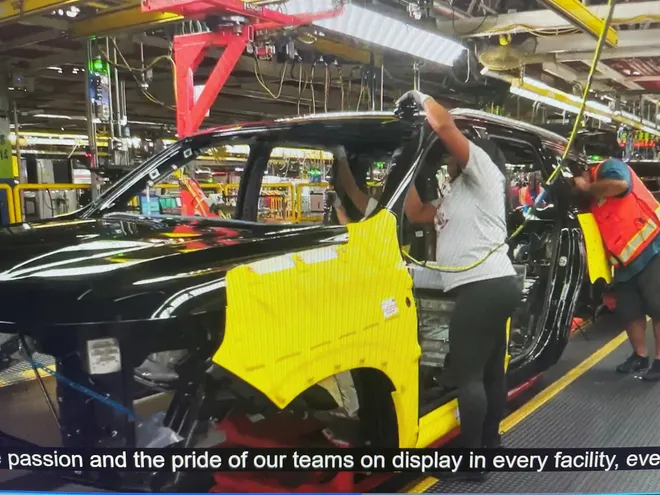
Legal and labor experts say the process in this case could be expedited and ruled on in a couple of weeks pushing up to the UAW contract expiration of 11:59 p.m. Sept. 14. Then, depending on what the board rules, the charges could be dropped or it could result in many months — or years —of legal wrangling, experts said.
In the meantime, the contract negotiations will go on with these charges unlikely to affect a tentative agreement other than in the public's perception.
"At this point, it has strong public relations value to one side or the other," said Harley Shaiken, professor emeritus at the University of California, Berkeley. "Because the talks, as they enter the endgame, are getting more and more national attention and there’s no way to divorce that national attention from the presidential campaign that is 14 months out. So this has broader implications."
GM gets in front of the charges
Last week, the UAW filed unfair labor practice charges against GM and Stellantis. The Detroit Free Press obtained from the UAW the specific documents filed with the NLRB for each automaker. They each said of GM and Stellantis: "During the past six months, the employer violated the (National Labor Relations Act) by refusing to bargain in good faith over mandatory subjects of bargaining including but not limited to wages and benefits."
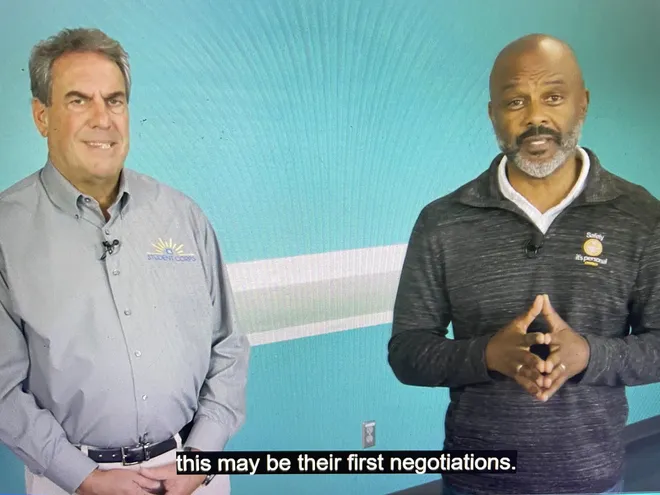
Shaiken said this is the first time in recent history that he knows of the union filing unfair labor practice charges during auto negotiations.
"Here, it is a shot across the bow more than a feeling that it would seriously impact negotiations. But once you file something like this, it can assume a life of its own," Shaiken told the Free Press.
He noted that NLRB's new general counsel, Jennifer Abruzzo, has made "some strong pro-labor moves of late" and while she might not be handling this case, the union's charges are "sending the message to the auto companies that the UAW is not pleased with the pace.”
GM and Stellantis said last week the charges came as a surprise to them, that the allegations are baseless and that they will vigorously refute them.
On Tuesday, GM's top leaders posted a video on www.gmnegotiations2023 in a veiled defense of its bargaining process by explaining to employees that the contract is complex, therefore it takes a long time to work out. GM typically addresses noneconomic items first, Gerald Johnson, GM's executive vice president of global manufacturing, said in the video.
"He’s got a strong point," Shaiken said of Johnson's comment. "Getting these other demands out of the way is essential and that’s generally taken care of first.
"When that’s in pretty good shape, both sides define their differences and what is absolutely essential for one side or the other to get a contract ratified.”
GM also wants to avoid a strike. The carmaker is set to release several new electric vehicles this year and next. Those would be delayed by a strike. GM also has a limited supply of new vehicles in inventory to withstand a long walkout.
"That is why we are working hard to resolve the nearly 1,000 demands we have received from the union, but here’s the thing, it takes both sides to achieve an agreement," Johnson said. "We’ve received numerous presidential demands with significant costs attached that would threaten our ability to maintain our manufacturing momentum. We need an agreement that meets the needs of our team members, but allows our company to compete.”
GM keeping an eye on Ford
The UAW, which represents about 150,000 workers across the Detroit Three, did not file charges against Ford Motor Co. because Ford gave a counterproposal to the union's economic demands. It was a proposal that a belligerent UAW President Shawn Fain called insulting and tossed in the trash.
Fain has repeatedly said the automakers have collectively made $21 billion in the first half of the year and can afford to give workers a more than 40% wage hike over the life of the contract, reinstate cost-of-living adjustments, provide pensions for all workers and offer a shorter workweek, to list a few demands.
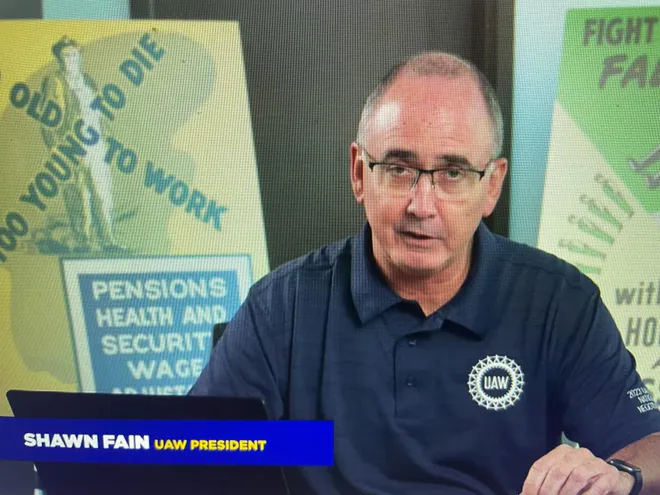
In GM's video, Johnson said: "Ford made an offer last week and we’re all keeping an eye on those discussions. At the same time, I am confident we are focused on our own bargaining here at General Motors and working hard towards an agreement that works for both our team members and our business.”
GM said Friday in a video that negotiations would continue into the holiday weekend.
The fact that the union did not file unfair labor practice charges against Ford might make Ford the strike target if the UAW cannot reach a tentative agreement with all three by deadline, Shaiken said. "The UAW might decide Ford is the best one to strike to get a contract."
Fain has not named a target company to negotiate with first to pattern a contract after for the other two, as has been tradition. He wants a tentative agreement from all three by the contract expiration date and is firm on not extending it. The UAW's Canadian counterpart, Unifor, has chosen to negotiate with Ford first to pattern a contract with the other two.
NLRB's process
So as the bargaining inches closer to the wire, here is what happens on the NLRB end of things if its investigation finds merit to the UAW's unfair labor practice charges against GM and Stellantis, according to its website:
- The NLRB first tries to reach a settlement between the parties.
- If no settlement is reached in a case that has merit, the agency issues a complaint.
- If there is still no settlement after a complaint is issued, then there is a hearing before an NLRB administrative law judge.
- After issuing a complaint, the NLRB becomes a representative for the charging party throughout settlement discussions and process.
- The NLRB cannot assess penalties.
- While the case proceeds through the board process, the regional director could seek a temporary injunction order to restore the status quo where rights have been violated.
- In this case, an injunction could require a party to return to bargaining.
If the NLRB decides the charges are without merit, it would dismiss the case. At which point, the board said, "decisions to dismiss a charge may be appealed to the Office of Appeals in Washington D.C. within two weeks of the dismissal."
A strike averted?
L. Steven Platt, who practices labor and employment and commercial litigation for Howard and Howard law firm based in Royal Oak, said that if the NLRB decides the charges are without merit, it would likely tell all the parties to continue bargaining.
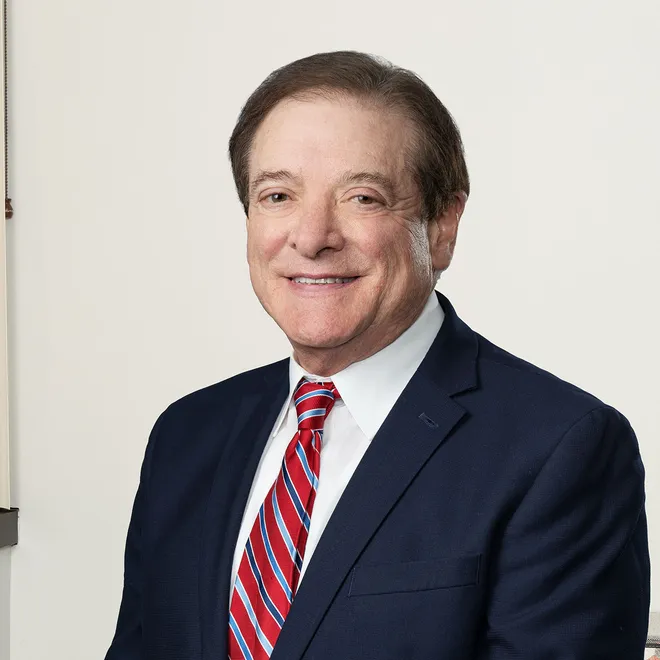
"Or, in the union’s case, (the NLRB) would say, 'Withdraw the charge and go back to the table with these guys or we are going to dismiss the charge,' " Platt said. "The union won’t want that, so they will enter a settlement of the charge where both sides agree to go back and sit down to negotiate a bit harder. That is where I think this is heading."
He expects the unfair labor practice charges to be resolved by a settlement around Sept. 14 without any further litigation. Platt said unfair labor practice charges can be hard to prove without a long process of documentation against the company, which it does not appear the UAW submitted.
"If that was the case, there would be no strike because the union will say they are just following the recommendations of the board. That way, they get out of striking for the moment and blame it on the board, while essentially, forcing the automakers to the table to sit down with them," Platt said.
A more pro-union NLRB
The avoidance of a strike would be good news for President Joe Biden, Shaiken said. On Monday, Biden said he was not worried about a UAW strike because he does not believe it will happen, prompting Fain to later retort: "He must know something we don't know."
The UAW's filing is more likely the union expressing its dissatisfaction over the carmakers' unwillingness to get closer to the union's positions on wage increases, cost-of-living adjustments and ending tier wages, said Marick Masters, a business professor and labor expert at Wayne State University.
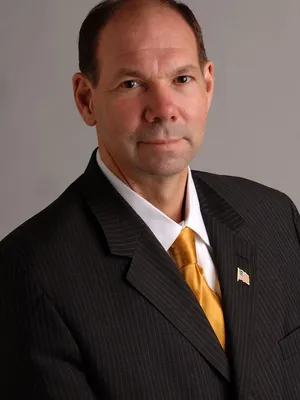
"I think it is highly unlikely that (the automakers) would engage in activity that would put them in a position to be accused of negotiating in bad faith," Masters said. "It would take a weight of evidence to establish that they were being derelict in their duty."
He noted that Stellantis gave the UAW a 30-page proposal in early August that addressed wages and retiree health care and that Fain threw it in the trash. He said Stellantis may have said it won't accept all of the union's demands and asked the union to come back with "more reasonable proposals and that's part of collective bargaining."
Still, Masters gives pause noting that whether or not the UAW's unfair labor practice charges against GM and Stellantis stick will depend on the general counsel and the board itself.
"And the board has a more pro-union stance than it has had in recent history," Masters said. "I think (the automakers') focus now is to keep negotiating and get the best deal possible."
More:The balance GM's Barra and Ford's Farley must hit between UAW demands and EV affordability
More:The balance GM's Barra and Ford's Farley must hit between UAW demands and EV affordability
Contact Jamie L. LaReau: jlareau@freepress.com. Follow her on Twitter @jlareauan. Read more on General Motors and sign up for our autos newsletter. Become a subscriber.
Disclaimer: The copyright of this article belongs to the original author. Reposting this article is solely for the purpose of information dissemination and does not constitute any investment advice. If there is any infringement, please contact us immediately. We will make corrections or deletions as necessary. Thank you.







